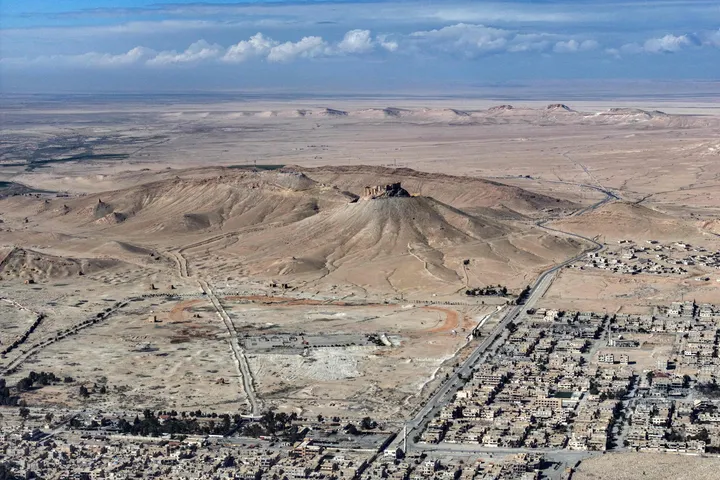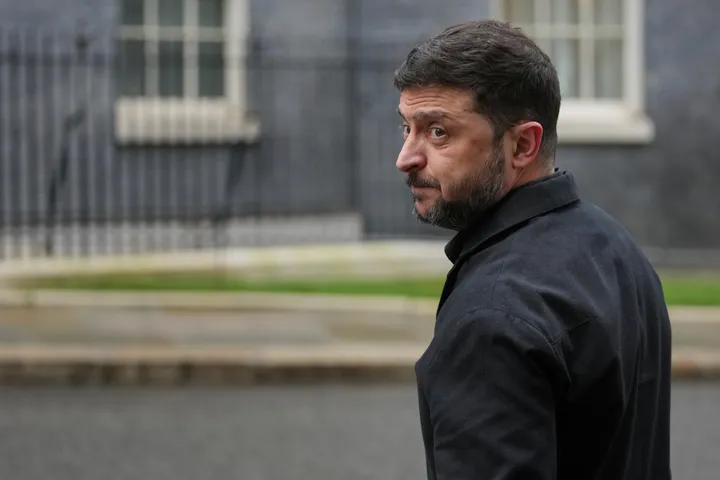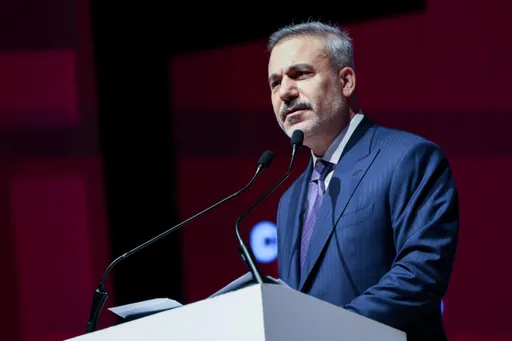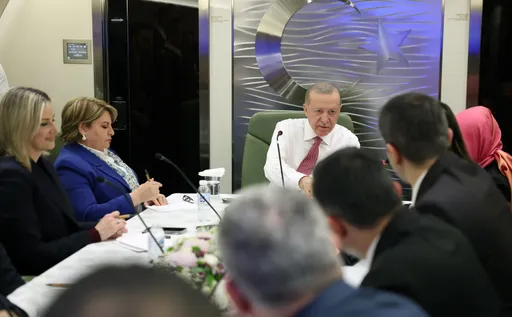An unusually broad coalition of oil-producing countries came together and agreed to lower oil output in a bid to increase the price of oil through to 2022 and it was seemingly brokered by none other than US President Donald Trump.
Bloomberg declared, “Trump became the first American president to push for higher oil prices in more than 30 years, reversing his personal opposition to the cartel.”
Trump has not shied away from attacking the Organization of the Petroleum Exporting Countries (OPEC), including its staunch ally Saudi Arabia.
“I hated OPEC,” Trump told reporters at the White House earlier this month. “You want to know the truth? I hated it. Because it was a fix, but somewhere along the line that broke down and went the opposite way.”
After the deal was reached Trump, often accustomed to criticising the oil body, tweeted, “The big Oil Deal with OPEC Plus is done. This will save hundreds of thousands of energy jobs in the United States. I would like to thank and congratulate President Putin of Russia and King Salman of Saudi Arabia.”
Trump’s praise for OPEC is somewhat unusual, given what he has said in the past.
“Looks like OPEC is at it again. With record amounts of Oil all over the place, including the fully loaded ships at sea, Oil prices are artificially Very High! No good and will not be accepted!” Trump tweeted in 2018. He later reiterated the message, tweeting that Saudi Arabia should lower oil prices, which the US president deemed artificially high.
As prices tumbled through March due to a price war between Saudi Arabia and Russia, and with the fallout from the coronavirus, which has closed down many of the largest economies reducing demand for oil, the Trump administration sought intervention in the oil markets to prop up falling prices.
Prices have fallen by more than 60 percent and are now hovering at around $22 a barrel, which will have a significant impact on oil producers in the US who need oil to stay at least $40 in order to remain profitable.
In an election year, oil producers going bankrupt and significant layoffs have meant that Trump reversed his position about lower prices and is now seeking higher prices. By some estimates, more than 10 million Americans are directly or indirectly employed by the energy industry.
One of Trump’s allies, Senator Ted Cruz, was even more scathing about Saudi intentions to lower prices at this juncture saying, “Saudi Arabia tried to take advantage of a health crisis to wage economic warfare on the US that was a serious act of hostility — one I firmly fought against.” He added: “I will continue working to protect our energy producers and the millions of jobs at stake.”
Trump’s intervention to ensure a deal between the two sides, however, may not be enough to bring prices back to where the administration wants them.
While OPEC + Russia agreed to remove almost 10 million barrels of oil per day from the market, demand for black gold, however, has by some estimates declined by almost 30 million barrels.
Analysts claim that oil cuts may not be enough if the US oil industry is to be saved.
For Trump, keeping oil prices low for motorists during an economic downturn and the need to keep oil businesses from going bankrupt will be a difficult balancing act.
According to the Washington Post, the Trump administration is mulling whether to offer state aid to struggling oil firms in the form of low-interest loans.
American business network CNBC believes that it will take more than the agreement between Saudi Arabia, Russia and Donald Trump to save the US oil industry. The coronavirus epidemic will likely depress the global economy for the foreseeable future.
Trump, a president who has been a longstanding critic of OPEC and a strong advocate for free markets, finds himself in a situation where he needs the organisation to control the prices of oil and is now discussing state subsidies for a beleaguered industry.
























